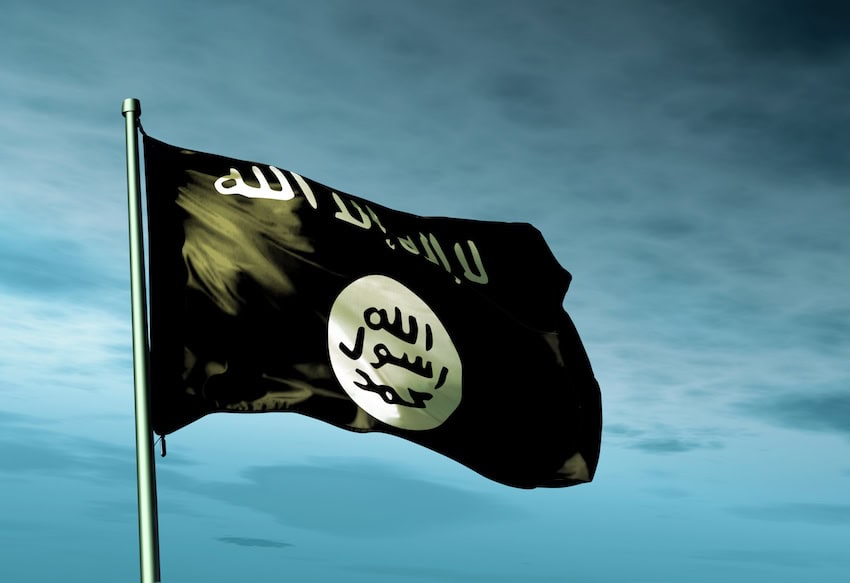
U.S. military captures ISIS official in helicopter raid in Syria
The raid is the latest against the Islamic State’s network in Iraq and Syria, which has been weakened since it lost its physical caliphate in 2019 but continues to persist.

The raid is the latest against the Islamic State’s network in Iraq and Syria, which has been weakened since it lost its physical caliphate in 2019 but continues to persist.
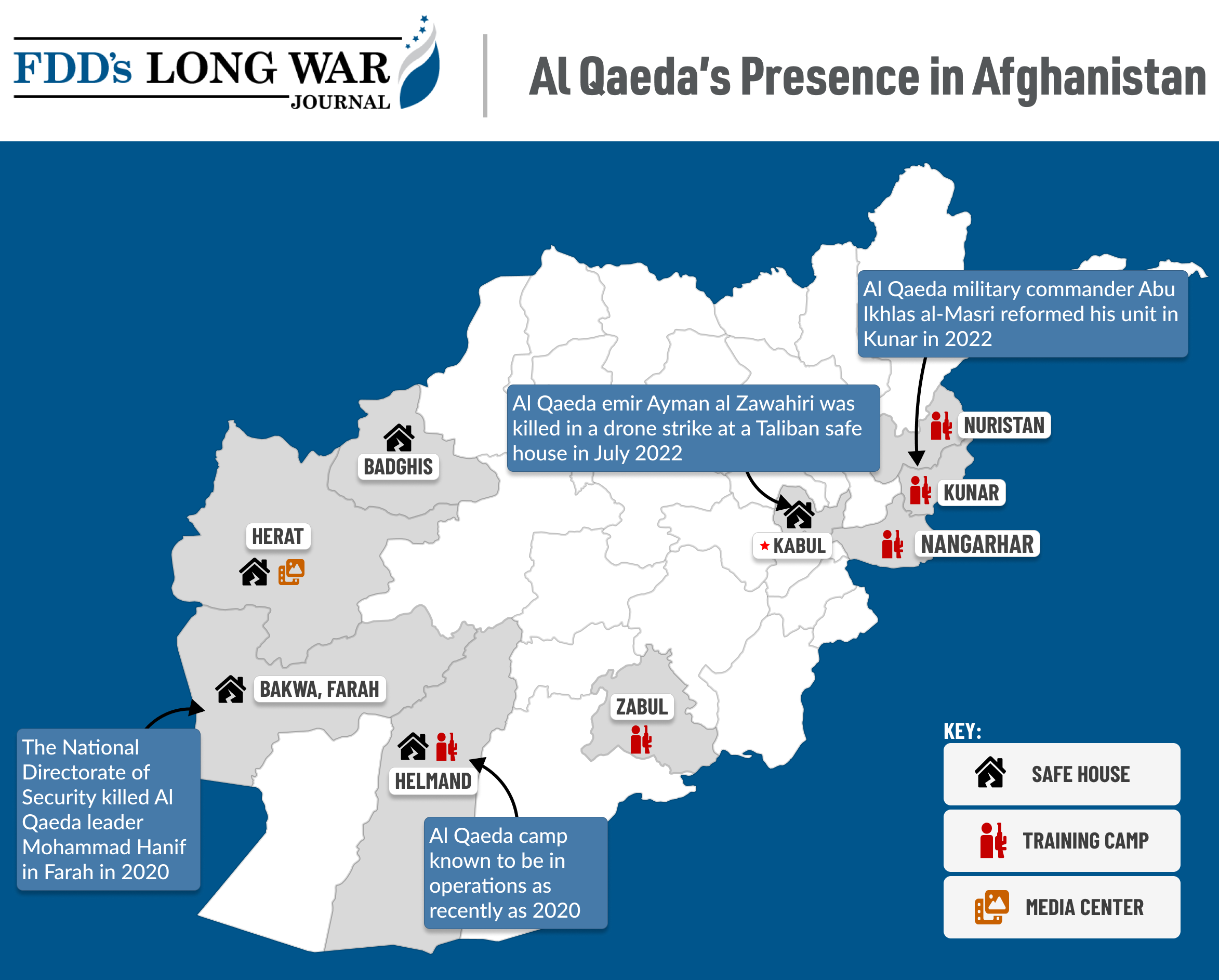
After nearly two decades of abysmal assessments from U.S. intelligence officials and policy makers on Al Qaeda and the Taliban in Afghanistan, the latest claims that the terror group is “at its historical nadir” should be taken with more than a grain of salt.
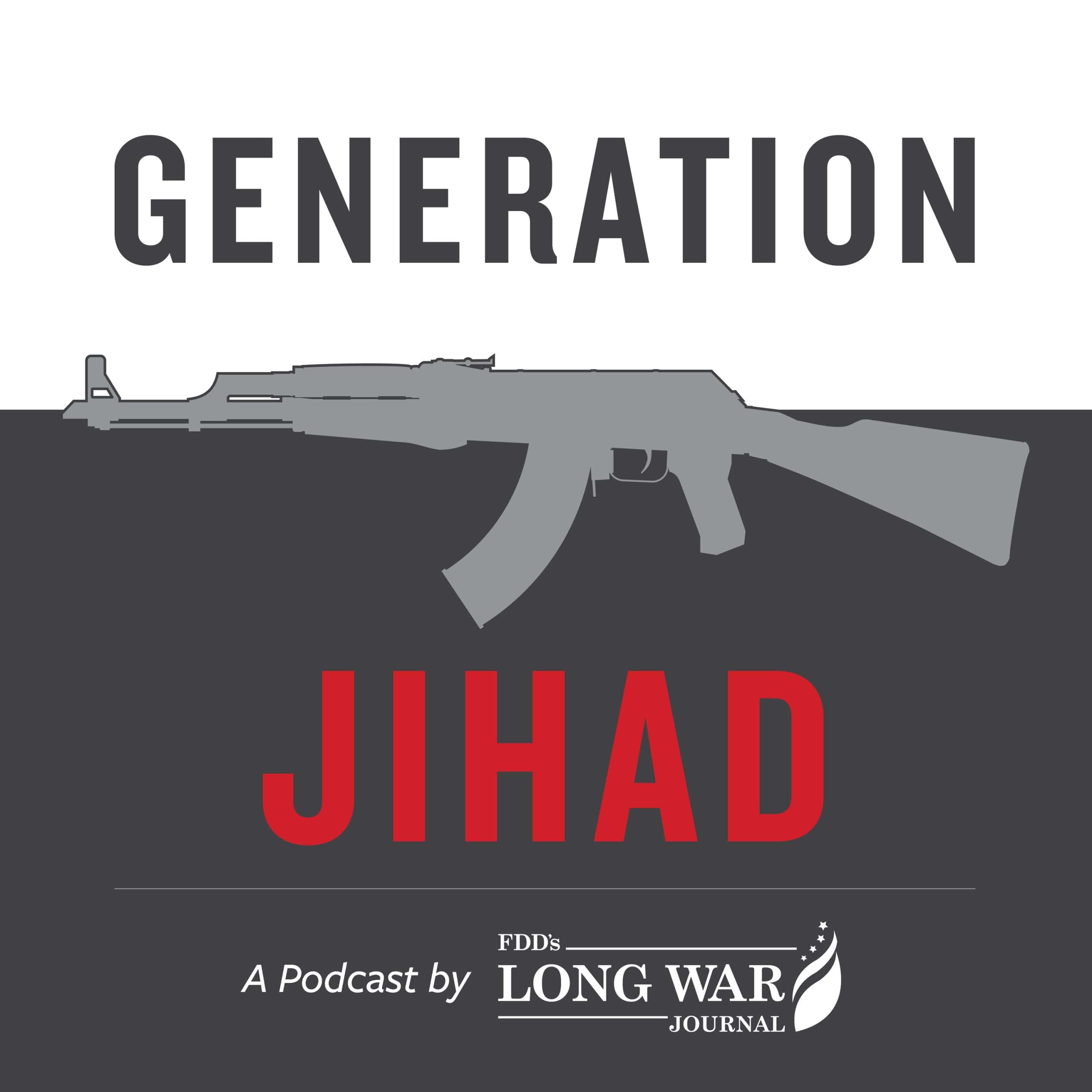
Bill is joined by Jerry Dunleavy and James Hasson to discuss their new book: Kabul: The Untold Story of Biden’s Fiasco — from the Biden administration’s deeply flawed decision to withdraw from Afghanistan to its equally disastrous execution of the withdrawal, which was completed two years ago today.

The Afghan people continue to suffer as the Taliban consolidates its power. Meanwhile, the Taliban’s support for Al Qaeda, the Movement of the Taliban in Pakistan, and a number of regional terror groups grows.
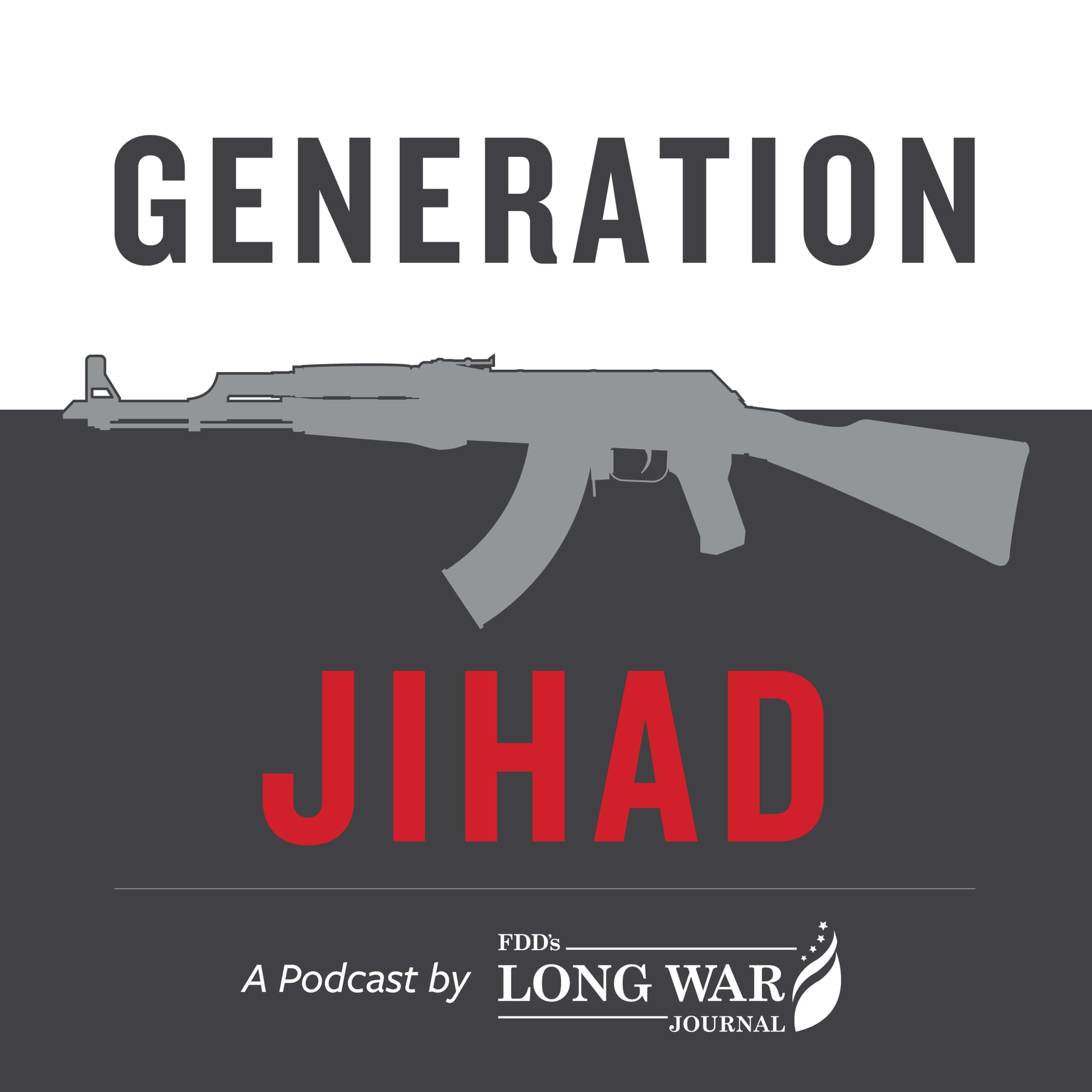
Bill is again joined by Generation Jihad regular Ambassador Edmund Fitton-Brown to discuss the latest report from the UN Analytical Support and Sanctions Monitoring Team (which Edmund previously led). Released on July 25, 2023, the Team’s thirty-second report provides an update on al Qaeda and the Islamic State. Bill and Edmund unpack findings, discuss a few highlights, and also explain some points of disagreement.
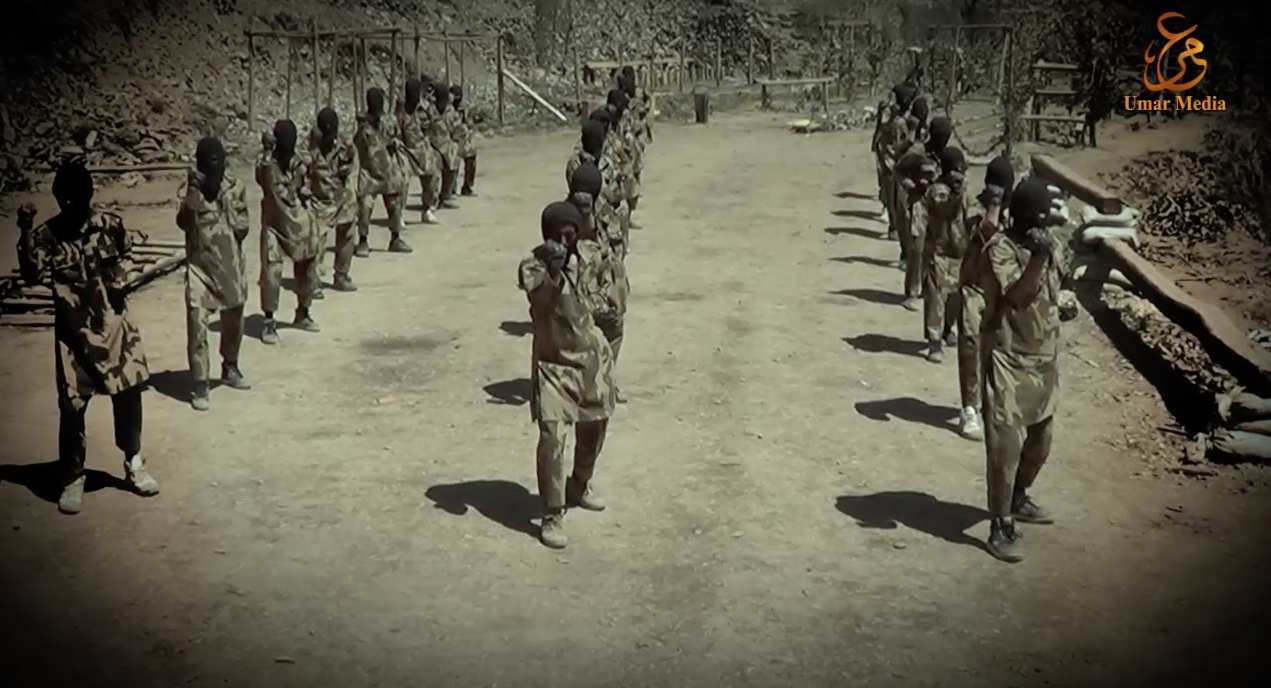
The Afghan Taliban continues to claim that there are no foreign terror groups operating inside their country, despite all evidence to the contrary. The Movement of the Taliban in Pakistan has an extensive footprint in Afghanistan.

“I said Al Qaeda would not be there,” President Biden said about Afghanistan. “I said we’d get help from the Taliban… I was right.” Except Al Qaeda is indeed in Afghanistan and is receiving support from the Taliban.

The Afghan Taliban has vehemently objected to the lest UN report, as it punches gaping holes into the Taliban’s narrative that it does not shelter and support foreign terror groups. However, the presence of the TTP, Al Qaeda and a host of other terror groups in Afghanistan is undeniable.
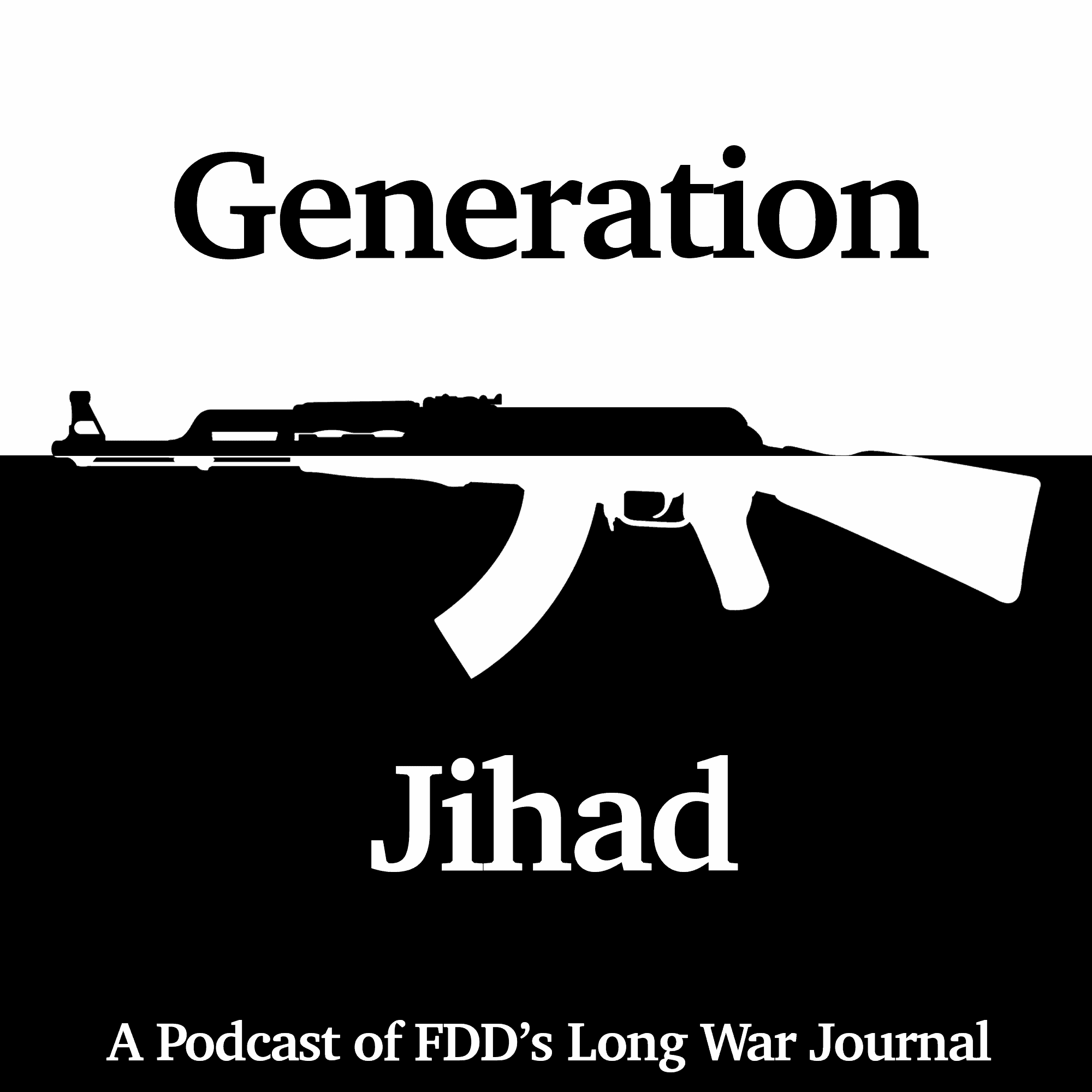
Bill welcomes back to the show Generation Jihad regular Ambassador Edmund Fitton-Brown. Now a member of the Counter Extremism Project’s advisory board, Edmund previously served as the UK’s Ambassador to Yemen and later as the coordinator of the U.N. Security Council’s Sanctions Monitoring Team.
Edmund’s former team at the U.N. just released its latest report on Afghanistan which details (among other troubling issues) just how embedded al Qaeda is in Afghanistan’s Taliban government.
Bill and Edmund dissect the report’s findings.

Al Qaeda has established training camps in five Afghan provinces, as well as safe houses and a media center. The Taliban-Al Qaeda relationship is strong. Al Qaeda most certainly has not declined, nor has it been decimated or defeated.
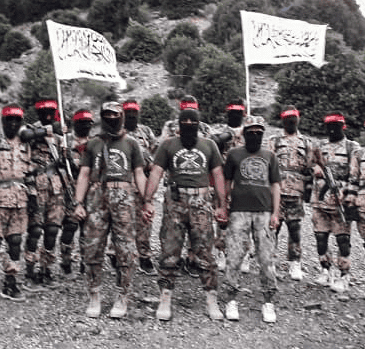
Three prominent dual hatted Taliban and Al Qaeda leaders serve in key positions within the Taliban establishment, according to the United Nationals Analytical Support and Sanctions Monitoring Team. The Taliban is providing Al Qaeda with key support, including “welfare payments” and passports.

Host Bill Roggio is joined by two of his FDD colleagues to unpack the context surrounding Turkey’s imminent presidential elections.
Jonathan Schanzer is the Senior Vice President for Research at FDD, where Sinan Ciddi is a non-resident senior fellow. Both are Turkey experts. (One has taken a harder hit from pro-government Turks on Twitter than the other.)
From President Erdogan’s thinly-veiled political opportunism — like his 180 on Syria; his regional charm offensive, particularly with Israel; and his role as a U.S. “counterterrorism partner” — and his blatant corruption — like his mismanagement of earthquake aid and his allowing Turkey to be a terrorist superhighway — to an opposition candidate’s eleventh hour dropout, this is your starter pack for understanding what’s about to unfold in Turkey.
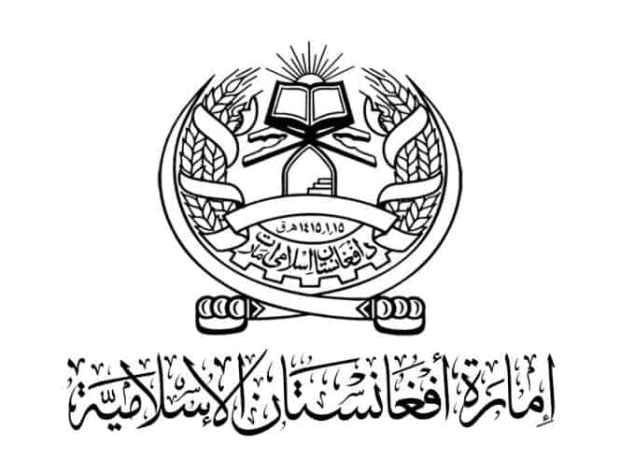
The Taliban has made this false statement for decades, even prior to 9/11. After al Qaeda emir Ayman al Zawahiri was killed in Kabul, Taliban promises like this should be dismissed out of hand. Foreign terror groups continue to operate in Afghanistan to this day.
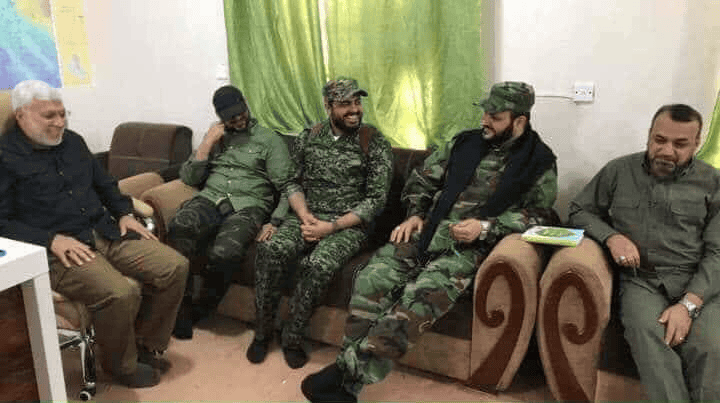
Senior U.S. State Department officials spoke at the same conference as Qais al Khazali, a known Shia terrorist who is responsible for arming, training and forming the deadly Iranian-backed militias that are known to have killed hundreds of U.S. troops in Iraq.

To unpack and assess the latest terror threats faced by Israel, Bill had to call in the experts: Dr. Jonathan Schanzer and Joe Truzman.
If you’d like to dig deeper on the topics discussed in this episode, we recommend you check out Joe’s project on mapping terrorism in the West Bank and Jon’s book “Gaza Conflict 2021: Hamas, Israel and Eleven Days of War” which according to LTG (Ret.) H.R. McMaster: “If you want to understand the hell in a very small place that is Gaza, read this book.”

Host Bill Roggio is joined by FDD Senior Fellow Behnam Ben Taleblu to disuss Behnam’s major new FDD Monograph — Arsenal: Assessing the Islamic Republic of Iran’s Ballistic Missile Program — including through the lens of Iran’s shadow war against Israel, AKA “the war between wars.”

Jamaat-ul-Ahrar, a faction of the Movement of the Taliban in Pakistan, claimed credit for the deadly attack. The Movement of the Taliban in Pakistan denied involvement, while it and the Afghan Taliban cynically claimed it would never strike a mosque.

One of the co-leaders of the deadly Kabul Attack Network bragged about his role in deadly attacks in the Afghan capital. The Taliban commander, known as Taj Mir Jawad, is the Taliban’s deputy minister of intelligence.

Host Bill Roggio is joined again by John Hardie, deputy director of FDD’s Russia Program, to discuss the latest developments from Russia’s war in Ukraine, including Russia’s recent change in command of its forces.
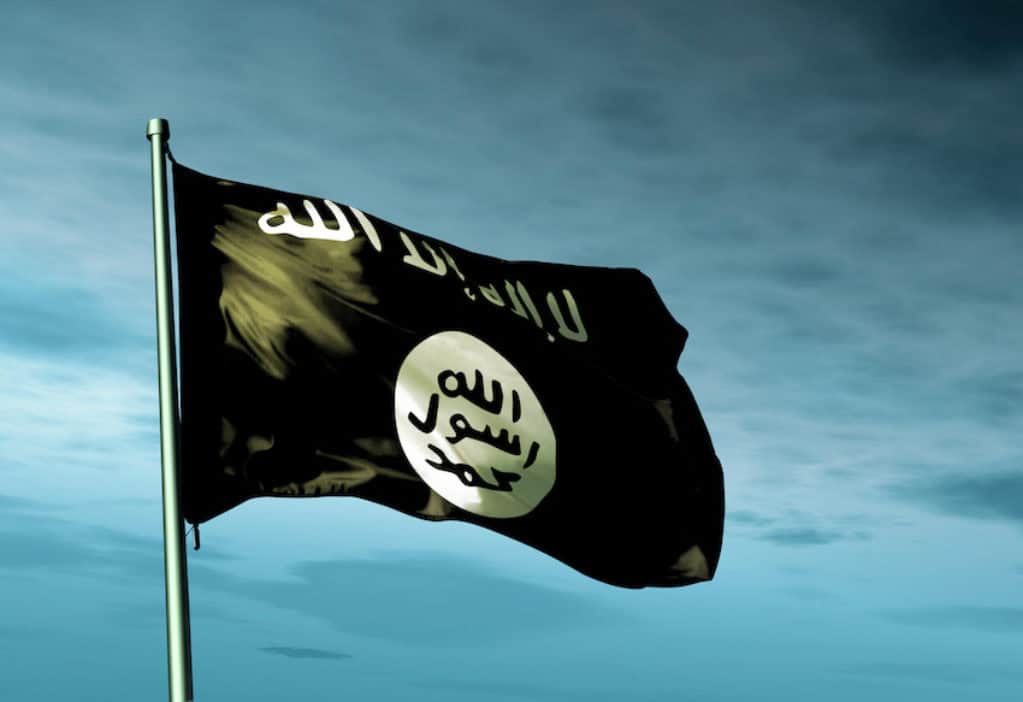
The U.S. military has targeted the Islamic State’s top tier leadership cadre with raids and strikes at least five times since the beginning of the summer of 2022.
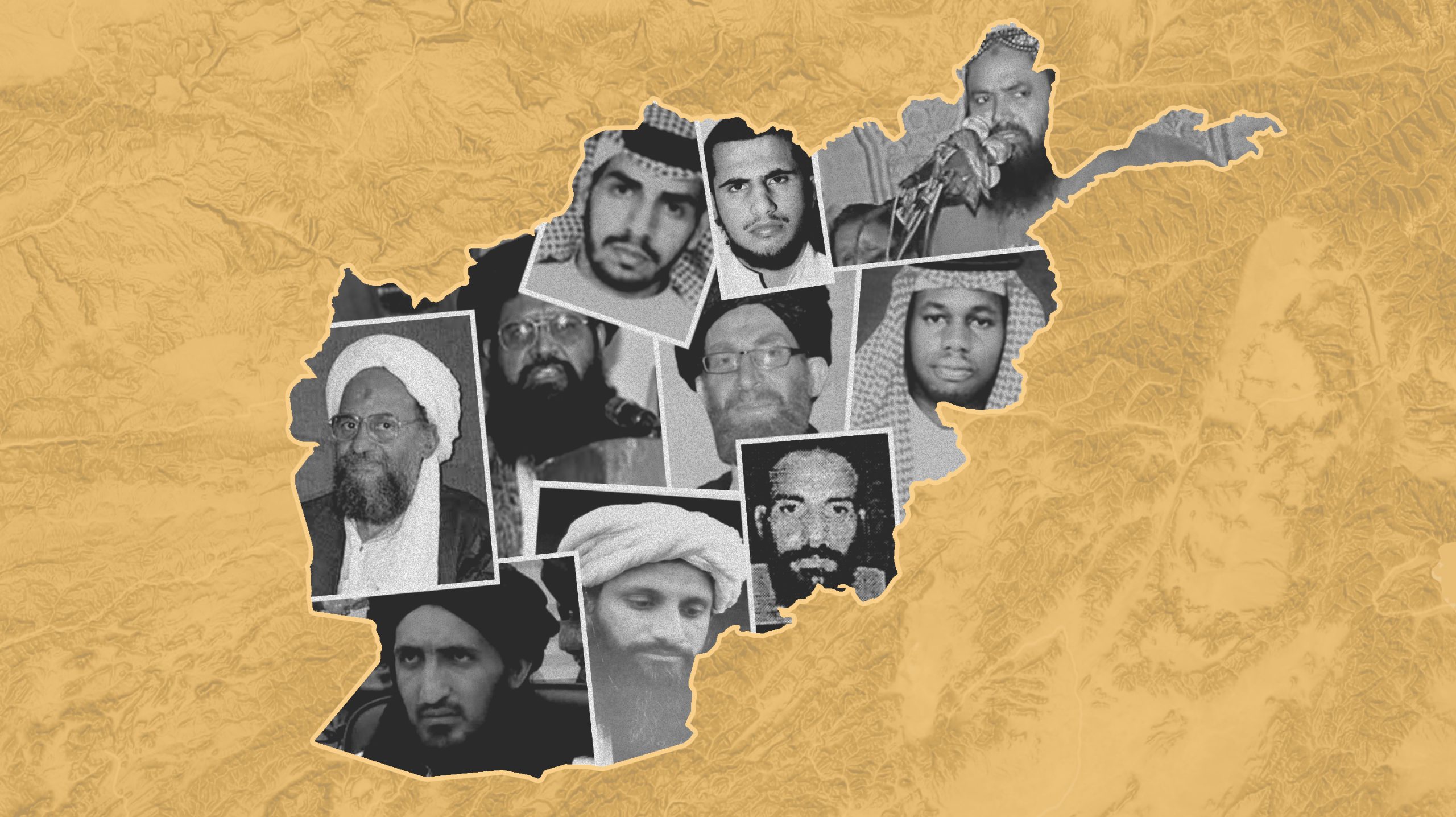
While Ayman al Zawahiri was the most prominentAl Qaeda leader killed in Afghanistan, dozens of top and middle tier Al Qaeda leaders, military commanders, trainers, facilitators and operatives have been killed or captured in the country since the beginning of 2010. This refutes the Taliban’s claim that foreign terrorists are not operating from the country.

All four terrorists, including the emir of Al Qaeda in the Indian Subcontinent and the deputy emir of the Movement of the Taliban in Pakistan, are based in Afghanistan.

The TTP claimed that it ended the ceasefire after “the army and intelligence agencies continue to raid and attack” its forces. “And now our revenge attacks will continue in the whole country.”

Bill is joined again by John Hardie — Deputy Director of FDD’s Russia Program — for an update on Russia’s war in Ukraine, particularly to unpack Russia’s Kherson retreat. Where does Putin go from here?

Bill is joined again by Caleb Weiss to dive into the various military leaders of Al Qaeda and the dangers of their leadership and legacy — particularly, they dive into the history and background of Abu Huzaifah al Sudani and his role in Al Qaeda.

Bill is joined again by Caleb Weiss, long-time contributor to Long War Journal and friend of the show. They discuss why al Qaeda hasn’t (publicly) named a successor to Zawahiri, as well as several updates on Shabaab.
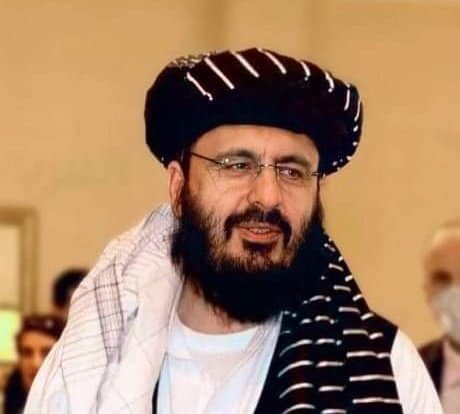
Mohammad Nabi Omari was one of the notorious “Gitmo Five” detainees who were freed in exchange for Bowe Bergdahl. His appointment highlights Sirajuddin’s consolidation of power in Afghanistan’s interior ministry.

Host Bill Roggio is again joined by John Hardie, deputy director of FDD’s Russia Program, to discuss the latest from Russia’s war in Ukraine, including Putin’s announcements on mobilization and additional annexations as well as other developments from the battlefield.
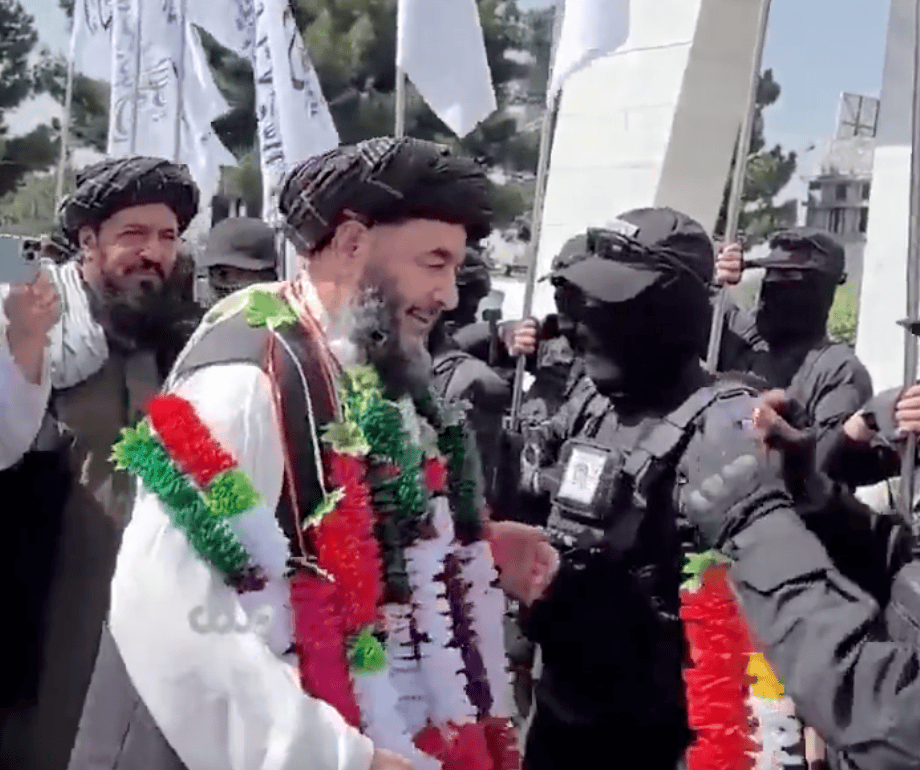
The Taliban released Mark Frerichs, an American veteran who has been held hostage since early 2020, in exchange for Haji Bashir Noorzai, a convicted Taliban drug kingpin who was serving a life sentence for smuggling heroin into the United States.

In the first iteration of Long War Journal’s expanding coverage, Bill is joined by John Hardie, deputy director of FDD’s Russia Program, to examine the current state of Russia’s war in Ukraine. They unpack and analyze the latest information, from tactical and theater-level to strategic.